EPA Withdraws Farm Database Rule
WASHINGTON, D.C., July 13, 2012 – The U.S. Environmental Protection Agency today withdrew a proposed rule that would have required large livestock and poultry farmers to report information about their operations and undermined court decisions related to producer obligations under the Clean Water Act, a move applauded by the National Pork Producers Council.
EPA’s proposed Concentrated Animal Feeding Operation (CAFO) Reporting Rule sought to have CAFOs submit to the agency operational information so it could “more effectively carry out its CAFO permitting programs on a national level and ensure that CAFOs are implementing practices to protect water quality and human health.” The information includes facility facts, such as contact information, location of a CAFO’s production area, permit status, the number and type of animals confined and the number of acres available for land application of manure.
The proposed rule was prompted by a May 2010 settlement agreement EPA entered with the Natural Resources Defense Council, Waterkeeper Alliance – represented by current Humane Society of the United States attorney Hannah Conner, who this week filed 51 notices of intent to sue hog farmers for alleged environmental paperwork violations – and the Sierra Club as part of a lawsuit NPPC brought and ultimately won over EPA’s 2008 CAFO rule. The 2008 rule required, among other things, that large livestock operations that propose to or that might discharge into waterways obtain Clean Water Act (CWA) permits. On NPPC’s suit, a federal court ruled that the CWA requires permits only for operations actually discharging.
“As we have consistently stated, the proposed rule was the result of a sweetheart settlement between EPA and environmentalists that would have provided no public health protections,” said R.C. Hunt, NPPC president and a pork producer from Wilson, N.C. “It would have been a duplicative and burdensome paperwork exercise for producers and clearly was an effort to undermine court decisions that said producers who don’t discharge into waterways don’t need a CWA permit.”
